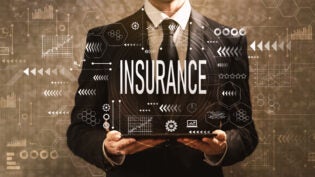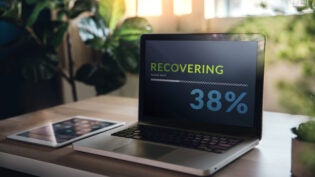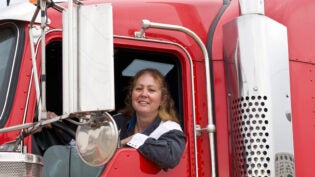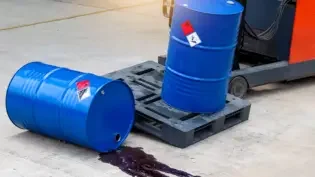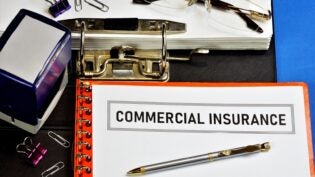How Small Businesses Can Help Prevent Slip Hazards
By: Dan Coconate
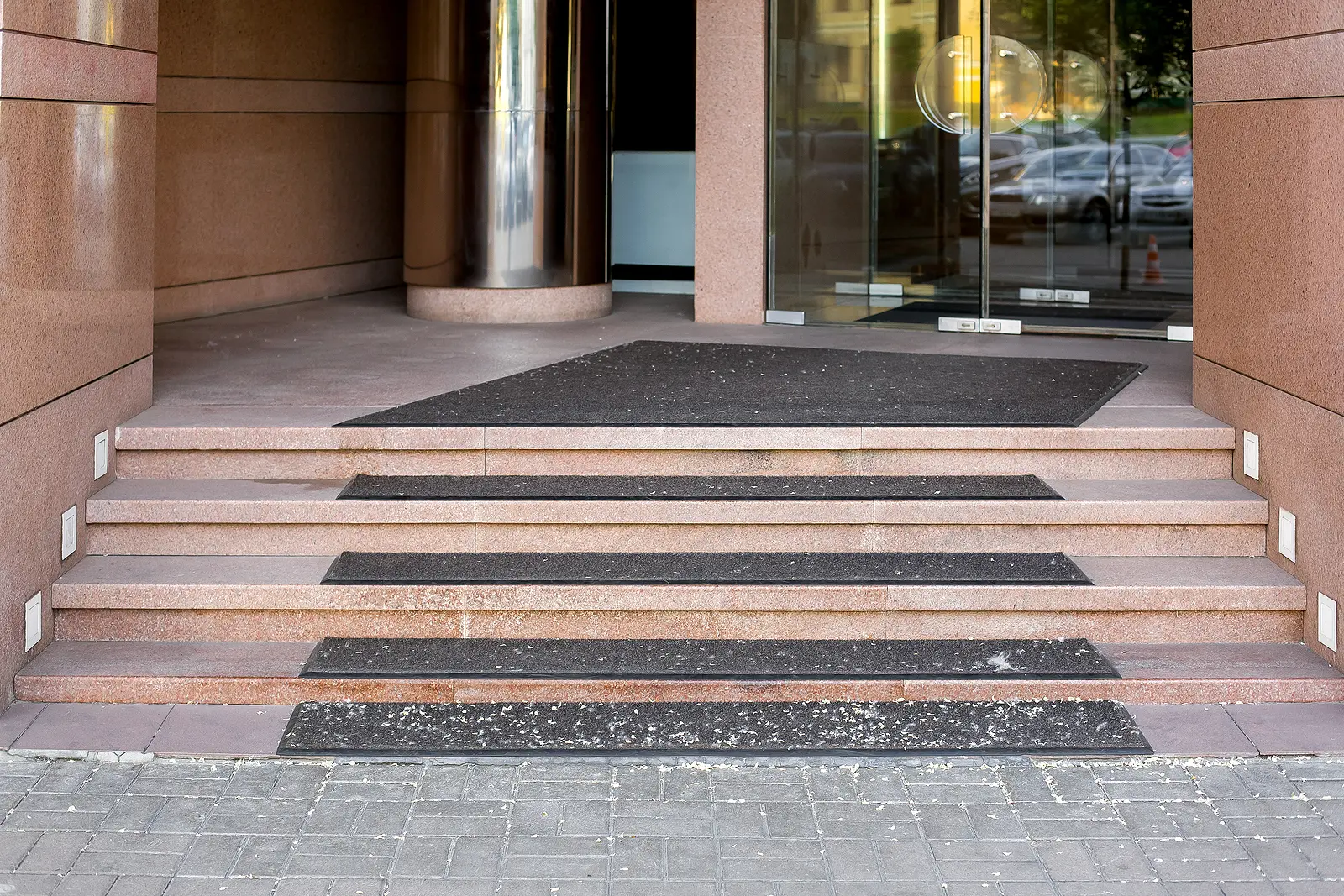
Running a small business is an exciting adventure fraught with challenges like finances, employee matters, marketing, and customer satisfaction. But amidst all those concerns, have you ever stopped to consider the safety of your physical workspace; specifically, how to prevent slip hazards?
One common hazard that many small businesses often overlook is slip and fall accidents. These mishaps can cause serious injuries. If they happen on your property, you could face legal liabilities and compensation claims. That’s why taking the right precautions and learning how small businesses can help prevent slip hazards is essential.
Keep It Clean and Clear
The first thing you should do to minimize mishaps with slipping and falling is to keep your flooring clean and clear away any debris that may be there. Not only does a clean floor look nice, but it also eliminates any possible slip and fall dangers.
When the walking aisles are free from trip hazards, there will be a near-zero chance that you’re at fault for someone’s accident. Ensure you sweep, mop, and vacuum regularly, especially in high-traffic areas or where spills are likely. If you have a wet floor, use warning signs or barricades to alert people and prevent them from slipping. Also, remove obstacles, cords, or loose rugs that can trip someone.
Safety is your primary concern, but having clean floors also sends the message to everyone that you prioritize safety and care about the well-being of your staff and guests.
Wear the Appropriate Footwear
Shoes should provide sufficient grip and traction to prevent slips, even on wet or polished surfaces. Encourage your employees to wear footwear with non-slip soles and a closed-toe design to prevent injuries.
Depending on the specific role and environment, you may even consider providing work shoes with additional safety features, such as supportive cushioning for employees who are standing for extended periods. The comfort of your employees can directly influence their performance and well-being, so investing in quality footwear is a proactive step toward preventing workplace accidents.
In terms of your customers, you can’t command them to have certain footwear for entering your store. Therefore, you need to ensure they always have proper footing regardless of the conditions. Investing in floor mats and knowing the best places to put them will allow shoppers to walk around without an issue.
Train Your Staff and Educate Your Guests
Slipping in a store commonly occurs due to a variety of factors. But some of those factors are avoidable with proper training and education.
Preventing slip hazards isn’t just your responsibility as a business owner; it’s a collaborative effort that involves your entire team and anyone who enters your premises. That’s why educating your employees and guests on the importance of safety and how to prevent accidents is crucial.
Stay Compliant With Regulations
Finally, ensure your business meets the safety standards and regulations of the Occupational Safety and Health Administration (OSHA) or other relevant authorities in your state or industry. OSHA has specific guidelines and requirements for slip-resistant surfaces, traction-aiding devices, footwear, and safety training programs. You must adhere to their regulations for everyone’s well-being.
Don’t wait for a slip-and-fall incident before acting. Learn the best practices for how small businesses can help prevent slip hazards and act accordingly. Not only will these practices stop accidents and injuries, but they’ll also boost your reputation and customer loyalty. So stand on solid ground and step up your safety game!
1083 Views



